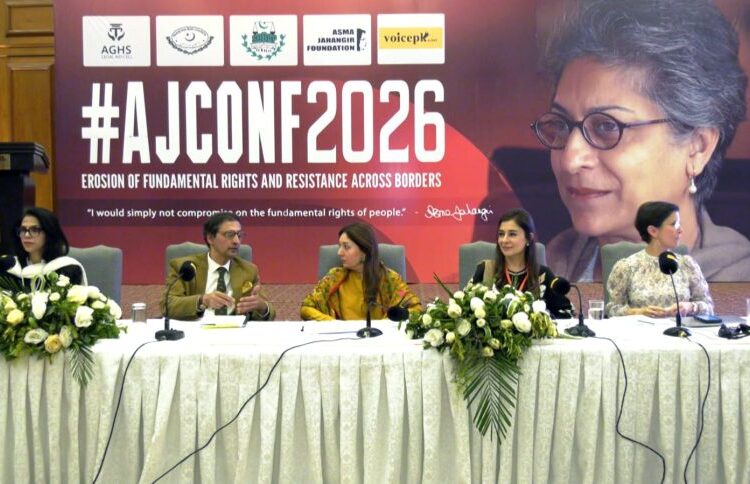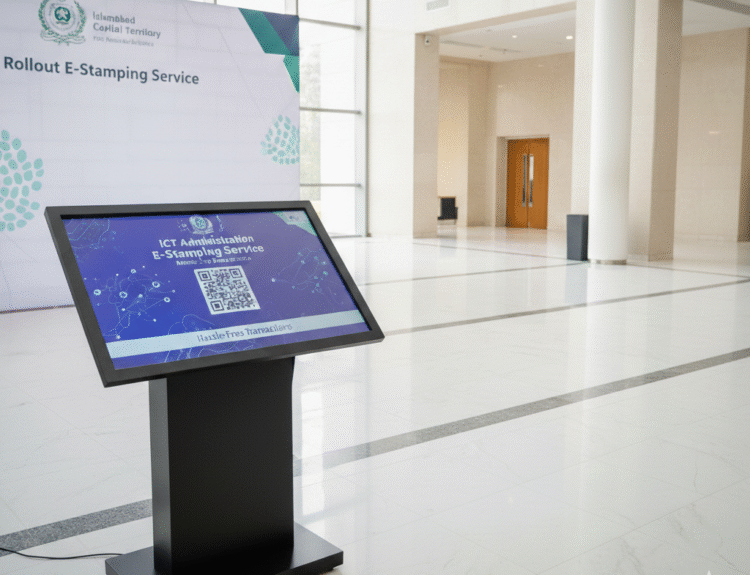ISLAMABAD – While the government holds authority to revise the vehicle token tax, it should be reasonable and, at the same time, reciprocate by improving the delivery of services.
Pakistan’s vehicle fleet is growing rapidly, with the nation’s roads becoming busier than ever. Motorcycles are the most common vehicle, with a fleet of 25 million units. The country also has 4.1 million cars and 1.43 million tractors.
This growth, along with rising sales of trucks and buses in 2024, signifies economic progress. It also demands immediate attention from policymakers to devise viable new strategies for transport, urban planning, and sustainable mobility. These policies could also create more job opportunities for the majority of rural youngsters who are part of the country’s 62.58 million young people.
A private television reported, the federal government has decided to increase vehicle token tax across the country following approval of amendments to the West Pakistan Motor Vehicles Ordinance by the federal cabinet. Under the approved changes, token taxes will be raised for private, commercial and public transport vehicles.
In addition, registration and transfer fees may also be revised. According to the decision, the authority to adjust these fees will lie with the interior ministry. Officials from the interior ministry explained that token tax rates had remained unchanged since 2019, which had affected the operational efficiency of the Chief Traffic Officer’s office. The cabinet confirmed the decision taken by the Cabinet Committee for Legislative Cases (CCLC) and gave formal approval for the amendment.





